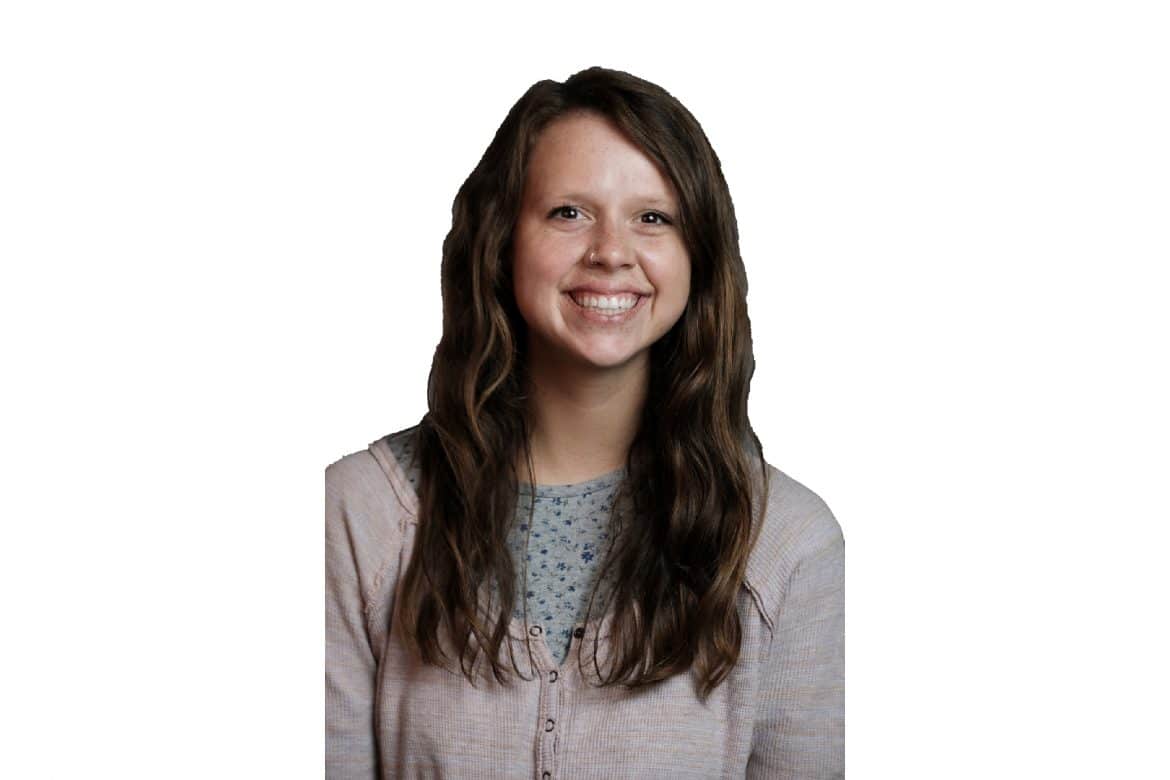Reflect on a moment when you felt like everyone but you was in on a special secret; the whispering ensued, and you couldn’t help but rotate your head until you were dizzy as you tried to catch a single word that might let you in on the information. A sigh escaped your mouth when you surrendered to the fact that you might never know what everyone else knew in that moment. I have felt something similar to this sensation, but on the larger scale of life. I have been overwhelmed by experiences that I felt no one had advised me to successfully overcome. Feelings of anger and resentment are the easiest ones to latch onto in these moments when I feel like I have been abandoned to figure out the unknown. While I value independence, it is daunting to face an unfamiliar situation with only my limited life experience in hand. These situations can emerge in forms that vary in seriousness, such as how to live alone, how to attend a funeral of a friend’s parent or how to know that someone is telling the truth.
These thoughts have plagued me for quite some time; how can I overcome what I have never been taught? It wasn’t until I listened to the podcast Poetry Unbound, produced by The On Being Project, that I was able to connect my thoughts to something larger than myself. Poetry Unbound, hosted by Pádraig Ó Tuama, is a podcast in which the host reads one poem, dissects it, then reads it one more time to give the viewers a deeper experience with the poem. These episodes are succinct, lasting for an average of 12 minutes, but they entice you into another world of ideas and perspectives. The episode that gave a voice to my feelings is titled “A Poem for What You Learn Alone.” In this episode, Ó Tuama explores a poem by Brad Aaron Modlin titled “What You Missed That Day You Were Absent from Fourth Grade.”
The poem illustrates a classroom in which Mrs. Nelson, a gentle educator, teaches her students lessons that would never appear in a general classroom. She instructs her students on “how to stand still and listen to the wind,” “how to believe the house you wake in is your home” and “how to have enough.” The host outlines how the idea that any teacher would include these topics, among others, in a lesson is utterly comical. However, the lessons parallel a strong sense of the secrets that no one has ever explicitly expressed. Ó Tuama discloses that even if a person feels frustrated that he or she learned a specific lesson so late in life, it is important to stay grounded in the fact that the lesson was learned.
Human beings have limited knowledge, which prevents us from containing an answer to every unique occurrence in life. Situations occur every day that may have never emerged before. As a result, one person may face a situation that no one in their life has the knowledge to handle and must learn through their own experiences. Their experience equips them with knowledge that can then be passed on to others. It is in the action of confronting and engaging in these experiences that a person is able to attain new and valuable knowledge. Part of being human is teaching yourself things that no one else can articulate because they are unique to your walk of life. While it is daunting to walk into the darkness with no one to help you find light, it is also beautiful to think of the excitement that awaits in uncharted territory. Pádraig Ó Tuama always includes a reflective question in his podcast to call the reader to further thought after the episode ends. The question he leaves his listener at the end of “A Poem for What You Learned Alone,” and the question that I wish to ask you all, is “What life lessons did you have to learn by yourself?” Have those lessons been a source of connection for yourself, or have they made you feel like you had been left in the dark?
